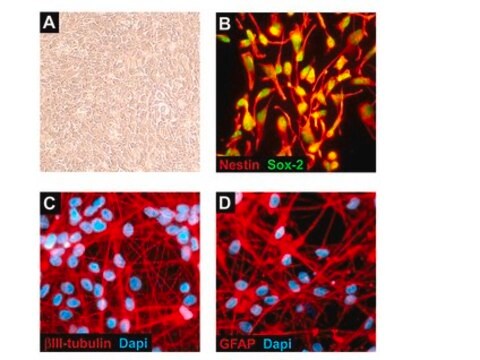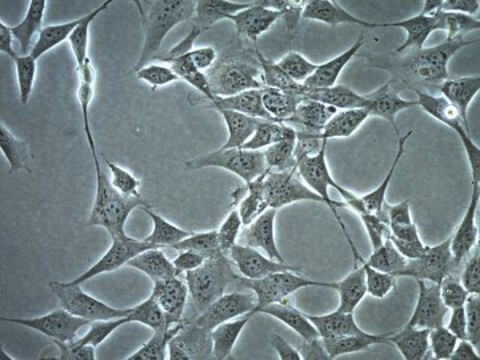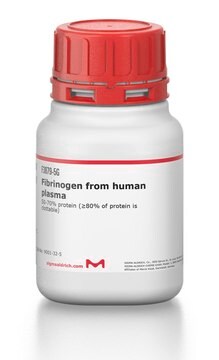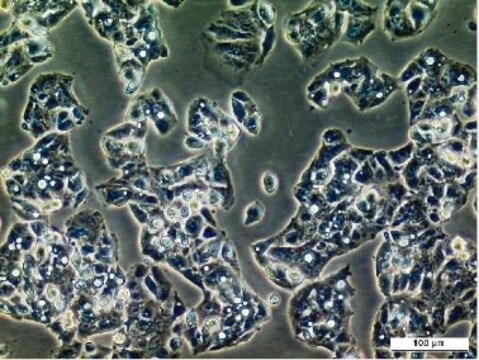PC-12 Cell Line from rat
NOTE: Both the cell line and DNA from the cell line may be available for this product. Please choose -1VL or VIAL for cells, or -DNA-5UG for DNA, 88022401, rat adrenal gland (phaeochromocytoma), Not specified
Synonyme(s) :
PC12 Cells
About This Item
Produits recommandés
Source biologique
rat adrenal gland (phaeochromocytoma)
Conditionnement
tube of 5 μg 88022401-DNA-5UG
pkg of vial of cells 88022401-1VL
Mode de croissance
Suspension
Caryotype
Not specified
Morphologie
Not specified
Produits
Catecholamine, dopamine and NPP
Récepteurs
Not specified
Technique(s)
cell culture | mammalian: suitable
Maladie(s) pertinente(s)
cancer
Conditions d'expédition
dry ice
Température de stockage
−196°C
Origine de la lignée cellulaire
Description de la lignée cellulaire
Application
Milieu de culture
Procédure de repiquage
Autres remarques
Faites votre choix parmi les versions les plus récentes :
Certificats d'analyse (COA)
It looks like we've run into a problem, but you can still download Certificates of Analysis from our Documents section.
Si vous avez besoin d'assistance, veuillez contacter Service Clients
Déjà en possession de ce produit ?
Retrouvez la documentation relative aux produits que vous avez récemment achetés dans la Bibliothèque de documents.
Notre équipe de scientifiques dispose d'une expérience dans tous les secteurs de la recherche, notamment en sciences de la vie, science des matériaux, synthèse chimique, chromatographie, analyse et dans de nombreux autres domaines..
Contacter notre Service technique






